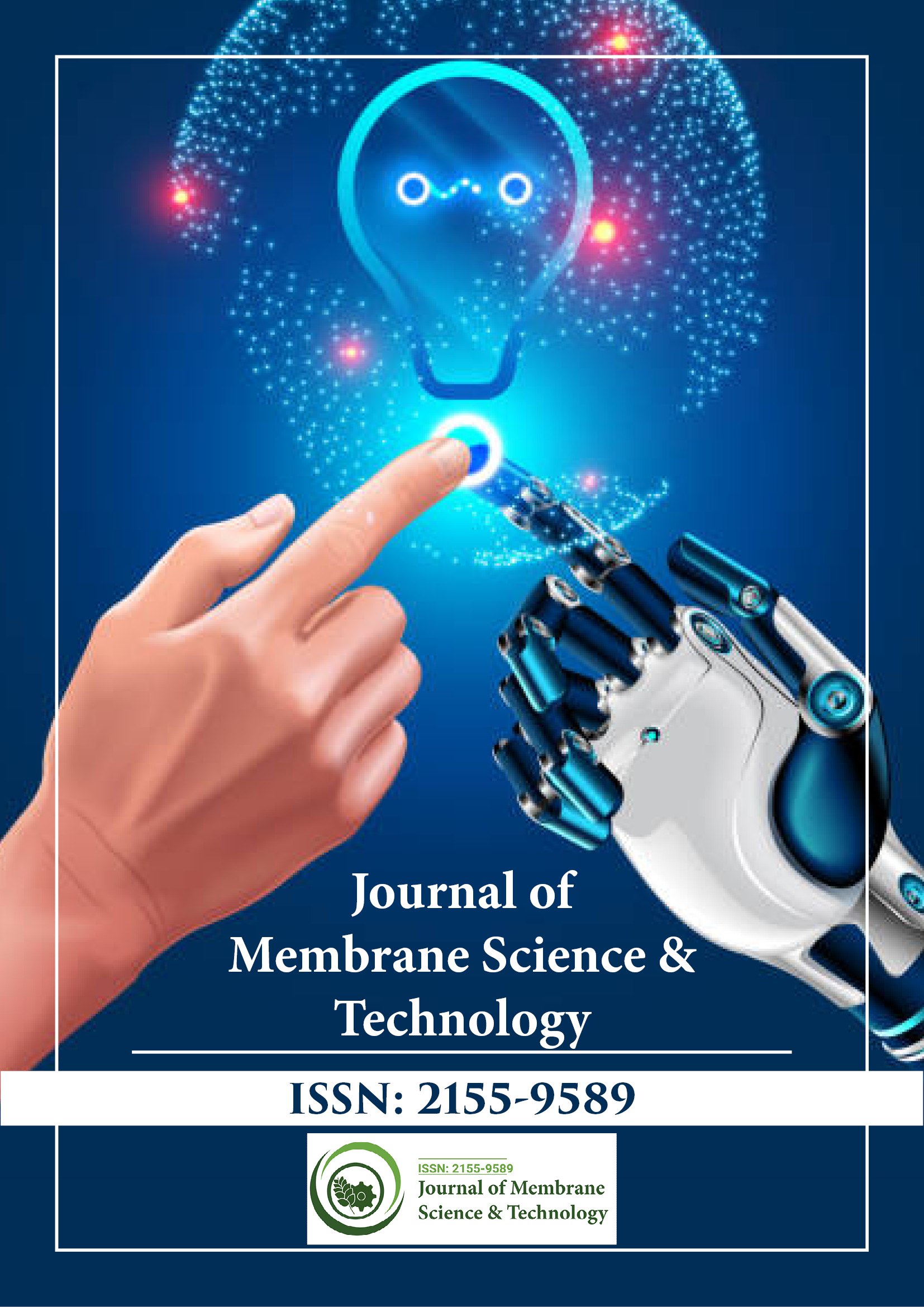indexado en
- Abrir puerta J
- Genamics JournalSeek
- Directorio de publicaciones periódicas de Ulrich
- Búsqueda de referencia
- Directorio de indexación de revistas de investigación (DRJI)
- Universidad Hamdard
- EBSCO AZ
- OCLC-WorldCat
- Convocatoria de búsqueda
- erudito
- Publón
- Fundación de Ginebra para la Educación e Investigación Médica
- pub europeo
- Google Académico
Enlaces útiles
Comparte esta página
Folleto de diario

Revistas de acceso abierto
- Administración de Empresas
- Agricultura y Acuicultura
- Alimentación y Nutrición
- Bioinformática y Biología de Sistemas
- Bioquímica
- Ciencia de los Materiales
- Ciencia general
- Ciencias Ambientales
- Ciencias Clínicas
- Ciencias farmacéuticas
- Ciencias Médicas
- Ciencias Veterinarias
- Enfermería y Cuidado de la Salud
- Genética y Biología Molecular
- Ingeniería
- Inmunología y Microbiología
- Neurociencia y Psicología
- Química
Abstracto
Estudio experimental de la separación de emulsiones de aceite en agua mediante el proceso de microfiltración de flujo tangencial. Parte 1: Análisis de la eficiencia de rechazo de aceite y de la disminución del flujo
Wai Lam Loh, Thiam Teik Wan, Vivek Kolladikkal Premanadhan, Ko Ko Naing, Nguyen Dinh Tam, Valente Hernandez Perez y Yu Qiao Zhao
La gestión del agua producida es un problema importante en alta mar. La microfiltración ha surgido como una alternativa útil para tratar las emulsiones de petróleo y agua para cumplir con el límite reglamentario de eliminación. En este trabajo, se estudió la microfiltración de flujo tangencial (flujo cruzado) de la mezcla de petróleo y agua. El proceso de microfiltración de flujo tangencial se investigó utilizando una membrana cerámica de tamaño de poro de 0,5 μm. Para esta fase del trabajo, se utilizó aceite de parafina de viscosidad media como sustituto del petróleo crudo. Utilizando una alimentación de agua aceitosa de 500-1000 ppm de concentración de petróleo, se demostró que una membrana cerámica de microfiltración de tamaño de poro de 0,5 μm era capaz de producir un filtrado de alta pureza inferior al umbral requerido para el efluente de agua producida en alta mar, típicamente 29 mg/l de petróleo residual, en el Golfo de México. Sin embargo, la membrana tiene un inconveniente importante en forma de ensuciamiento. Se debe esperar una disminución en el flujo de permeación con el tiempo de operación. Esta limitación ciertamente ha impedido las aplicaciones a gran escala del proceso de microfiltración en el campo de la industria de procesamiento de petróleo y gas. Se necesita un proceso de limpieza optimizado para restaurar el rendimiento de la membrana.